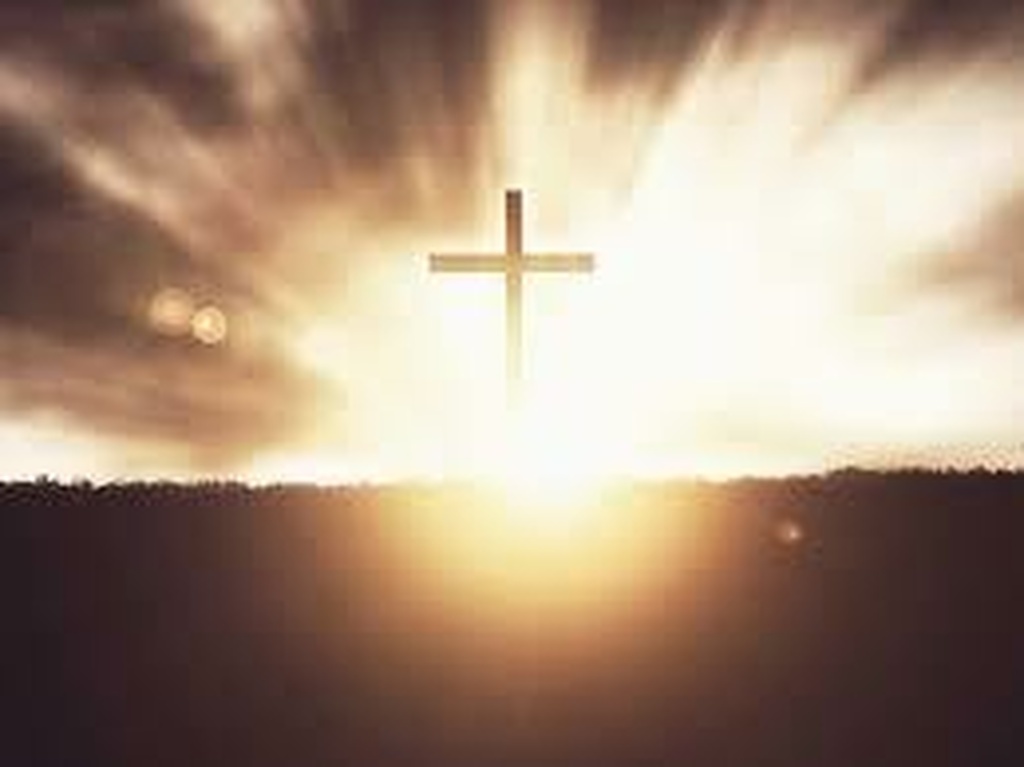
Apocalyptic Living
Are we living apocalyptic lives? Is the power of the risen Savior Jesus Christ manifesting itself in and through us? Are we obeying our calling to be salt and light, dispelling the darkness of sin all around us?

- Andrea G. Schwartz
When you think of the word apocalypse, quite possibly you think along the lines of this online definition:
- The complete final destruction of the world, especially as described in the biblical book of Revelation.
- An event involving destruction or damage on an awesome or catastrophic scale.[1]
Yet Webster’s 1828 Dictionary suggests a different definition with a radically different orientation:
APOC'ALYPSE, noun apoc'alyps. [Gr. from to disclose; and to cover.]
Revelation; discovery; disclosure. The name of a book of the New Testament, containing many discoveries or predictions respecting the future state of Christianity, written by St. John, in Patmos, near the close of the first century.
You see the difference. The modern rendering conveys a doom and gloom scenario, whereas the original definition has the connotation of a revealing, a discovery, and a future outcome.
R.J. Rushdoony in his commentary on the book of Romans frames this word in terms of God’s purpose and design. He states:
[I]t is the eager and intense expectation of all creation that the sons of God be revealed. All creation has a yearning more powerful than gravity for the unfolding of God’s purpose and, in particular, “the manifestation of the sons of God.” This is an important fact when understood. With millions upon millions of professing Christians, what is creation waiting for? Does it not recognize these people? The word manifestation is in the Greek apokalupsis, a revelation, an uncovering, a revealing. In other words, Paul says that the sons of God have not revealed themselves![2]
…The liberation of all creation awaits the apocalypse of man, man’s assumption of his dominion mandate, “Because the creature (or, creation) itself also shall be delivered from the bondage of corruption into the glorious liberty of the children of God” (v. 21). This corruption (phthora) means a state of decay, an inferior condition to a natural one. The natural condition of creation as God made it is very good (Gen. 1:31). Its present fallen estate is an unnatural one because sin and death prevail. Man, by pushing back the realm of sin, increases the realm of life. Then, at the end, God’s mighty act destroys death forever.[3]
The question before all of us is this: Are we living apocalyptic lives? Is the power of the risen Savior Jesus Christ manifesting itself in and through us? Are we obeying our calling to be salt and light, dispelling the darkness of sin all around us?
Keep in mind the reality that darkness does not displace light, but light displaces darkness. Have the enemies of Christ hijacked the true meaning of the book of Revelation from being a pronouncement of victory to one of devastation and destruction to prevent the children of God from manifesting themselves as they are called and equipped to do?
Rushdoony again,
It is not merely a question of the liberating power of death; it is a question of the redeeming action of God aimed at endowing humanity with a new status of existence, by bringing the believer to share in the power of Christ’s resurrection (Phil. 3:10).
The power of Christ’s resurrection means that a redeeming force and people are now at work in history, bringing all things into captivity to Christ. The scope of the resurrected Christ’s redeeming power is cosmic and eternal.[4]
We are empowered to be a faithful people, but we must refuse to hide our light under a bushel. After all, it really is not our light, but the reflected light of Christ in us. If we expend our efforts in “not manifesting,” then we are betraying the Spirit who gives us life. It is high time for some genuine apocalyptic living!
[1] From Google online dictionary.
[2] R. J. Rushdoony, Romans and Galatians, (Vallecito, CA: Ross House Books, 1997), 136.
[3] Ibid. 137.
[4] Ibid. 139.

- Andrea G. Schwartz
Andrea Schwartz is Chalcedon’s family and Christian education advocate, and the author of eight books including: A House for God: Building a Kingdom-Driven Family, The Biblical Trustee Family: Understanding God’s Purpose for Your Household, Empowered: Developing Strong Women for Kingdom Service, Woman of the House: A Mother’s Role in Building a Christian Culture, and The Homeschool Life: Discovering God’s Way to Family-Based Education. She’s also the co-host of the Out of the Question podcast, the Chalcedon podcast, and has an active teaching schedule with women and high schooled students.. She can be reached at [email protected].